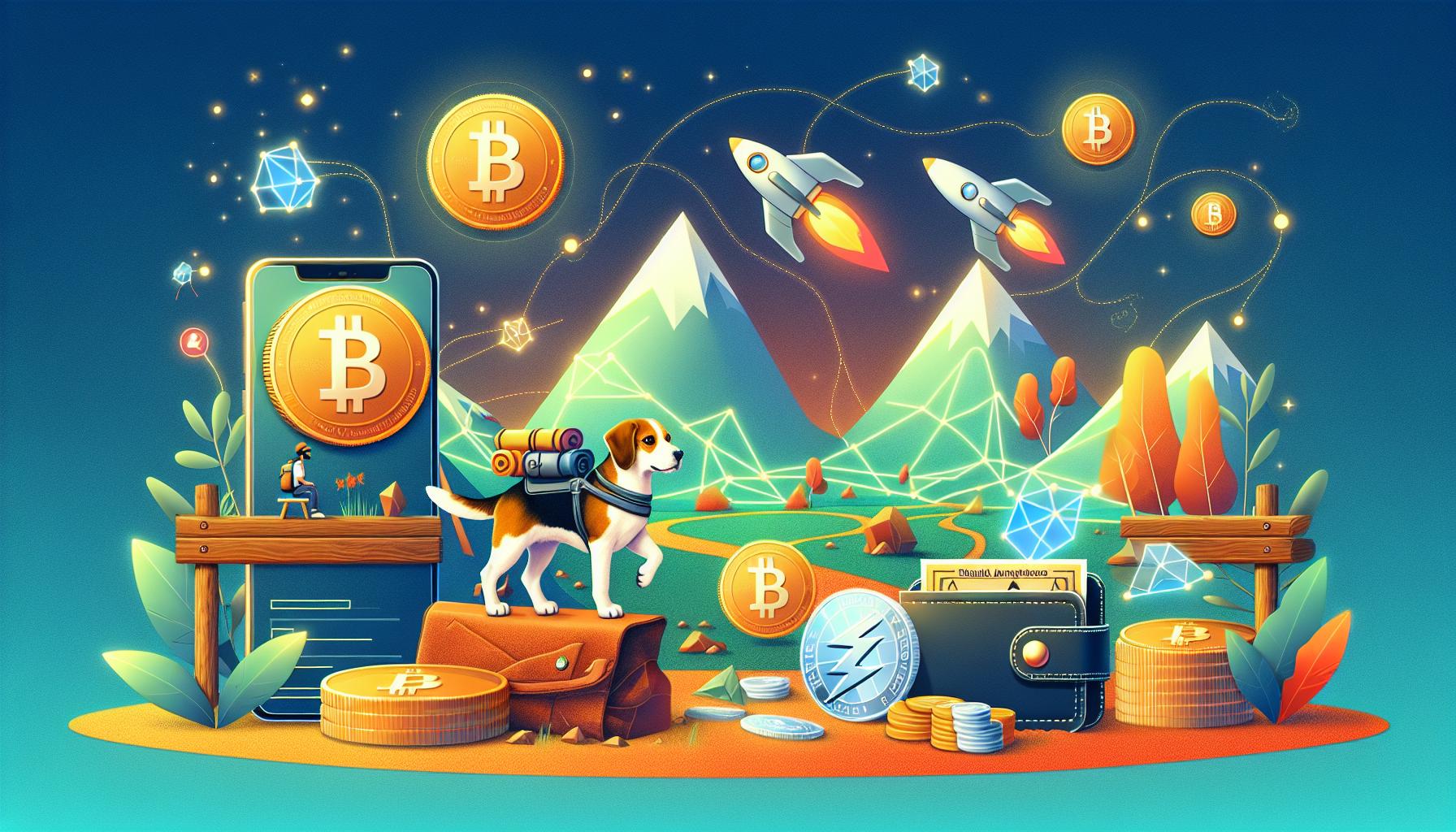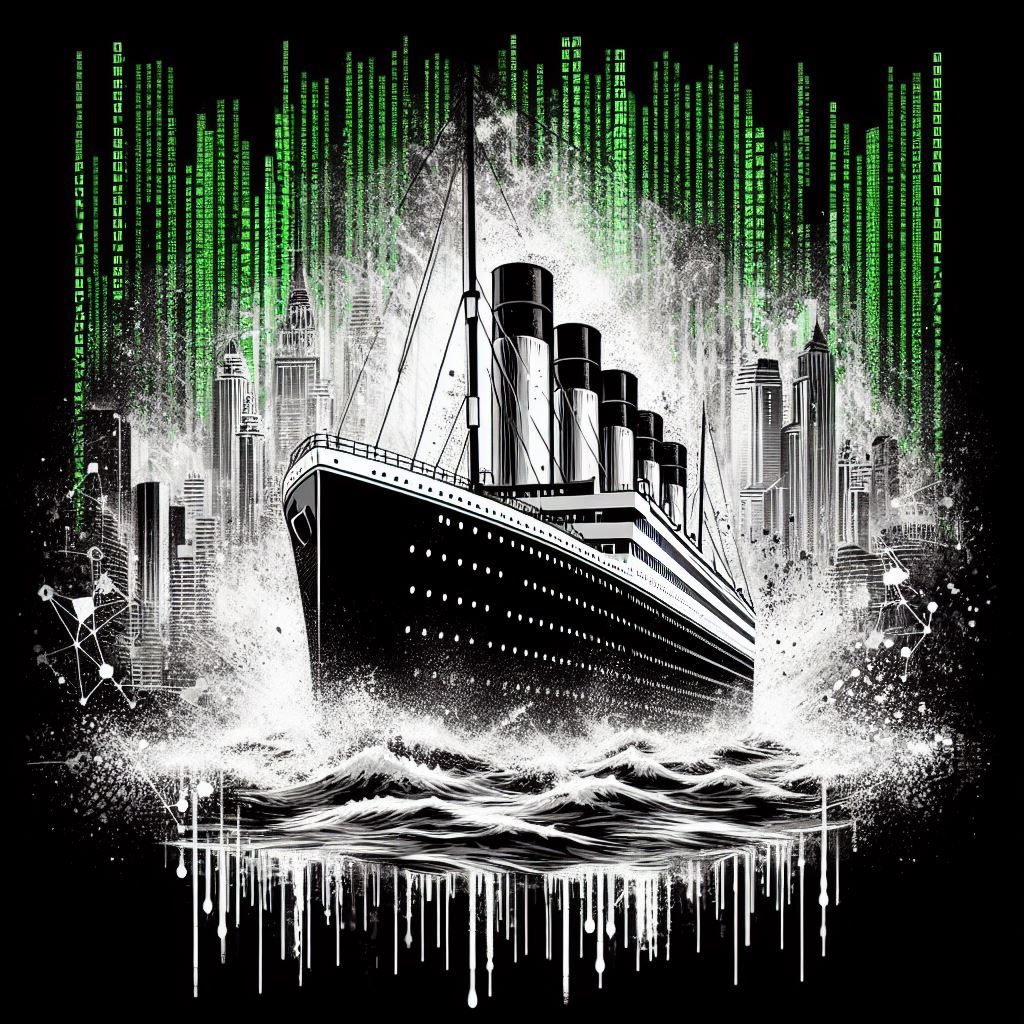World Wars have left an indelible mark on human history, shaping the course of nations and influencing generations. In this blog post, we delve into the origins of World War I and World War II, exploring the timeline and the inception of the terms that define these monumental events.
World War I: The Great War’s Commencement
The flames of World War I were ignited on July 28, 1914. As political tensions in Europe reached a boiling point, the assassination of Archduke Franz Ferdinand of Austria-Hungary acted as a catalyst. The ensuing conflict involved major global powers and spanned four continents.
The Term Emerges
Interestingly, the term “World War I” was not immediately coined. It wasn’t until 1918, as the war unfolded with unprecedented scale and ferocity, that the world collectively acknowledged the magnitude of the conflict. The term served as a recognition of the global nature of the war, involving nations far beyond the European theater.
World War II: A Second Global Conflagration
World War II, a war of even greater magnitude, commenced on September 1, 1939, with the invasion of Poland by Nazi Germany. The conflict rapidly expanded, engulfing nations across the globe and leading to significant geopolitical changes.
The Birth of the Term
Unlike its predecessor, the term “World War II” did not take long to emerge. As the world witnessed the relentless expansion of hostilities, leaders and historians began referring to the conflict as a sequel to the First World War. By the early 1940s, the term “World War II” had firmly embedded itself in the lexicon of global affairs.
Conclusion
In retrospect, the beginnings of World War I and World War II were pivotal moments that shaped the 20th century. Understanding the chronology of these conflicts and the emergence of the defining terms provides insight into the complexities of global politics and the profound impact of war on societies.
This blog post offers a glimpse into the historical underpinnings of the two World Wars, inviting readers to reflect on the events that reshaped the world. References to primary sources and historical documents further anchor the narrative, ensuring a fact-based exploration of these transformative periods in human history.
Discover more from Kango Anywhere
Subscribe to get the latest posts sent to your email.



